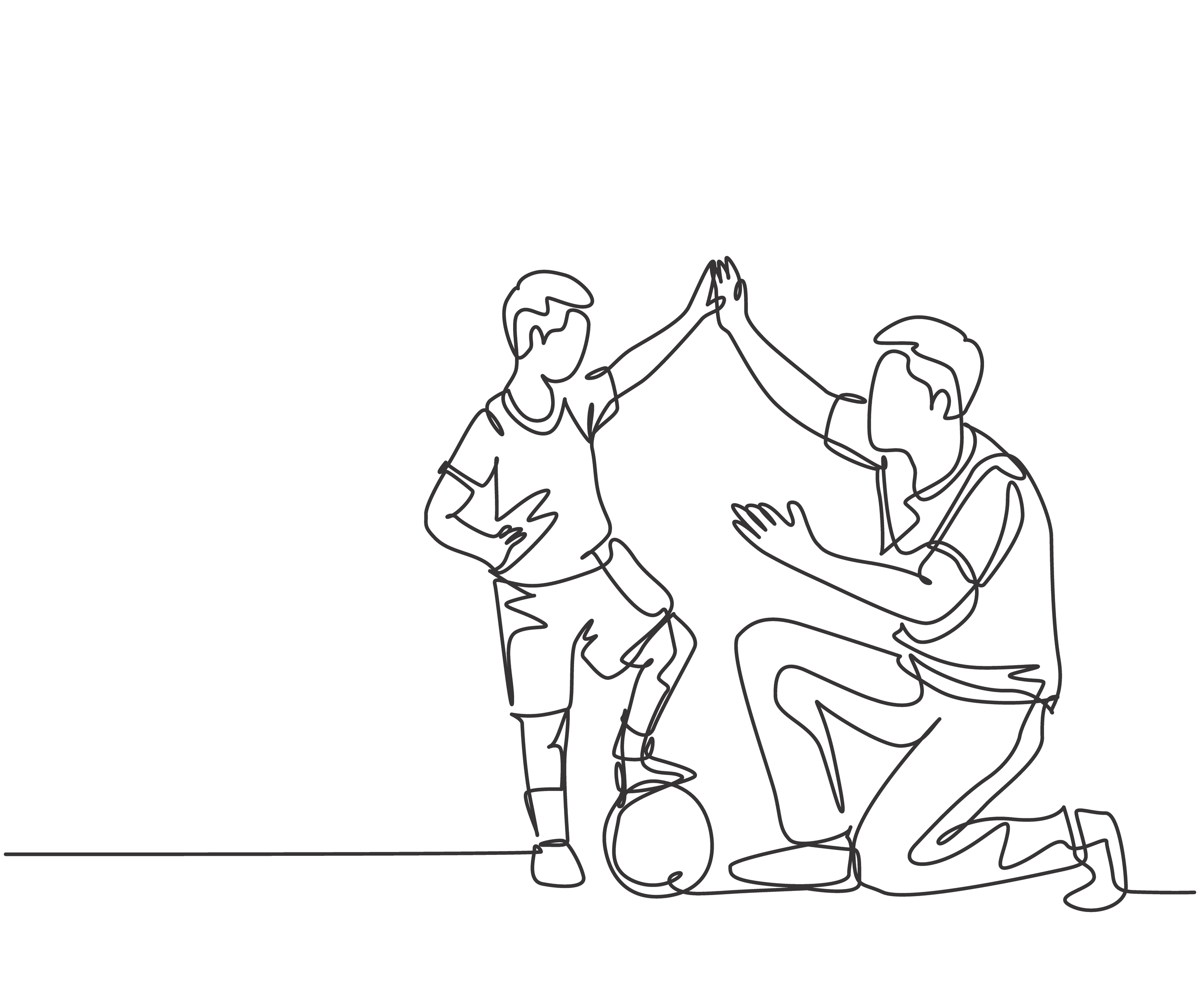Share Your Story
Do you have a child with autism or sensory processing disorders? Or perhaps you and your child are navigating the challenges of ADHD? We invite you to share your experience and insights—how the diagnosis has impacted you and your child, as well as what strategies have been effective or ineffective in managing symptoms. For instance, if you have a child with autism, what approaches have helped them build friendships at school? Likewise, if you’re addressing ADHD, what techniques have you employed to help your child concentrate in the classroom? Our community of parents, educators, and professionals is eager to learn from your journey and support one another in this process. Your story could be a source of inspiration and guidance for others facing similar challenges.
Share Your Story
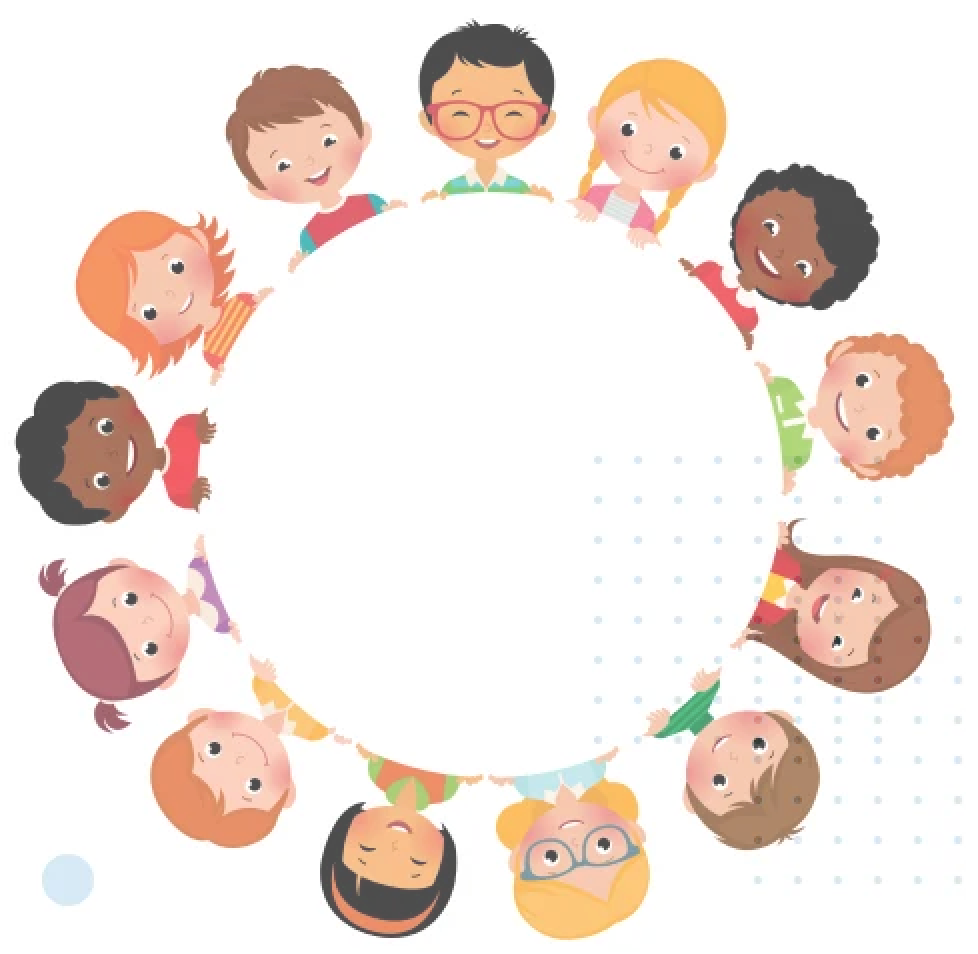
Macie
If so many people have the ADHD diagnosis, could this simply be something that makes us unique as humans?
I went through childhood without any medication. My teachers would always comment on the fact that I had difficulty staying on task. I would get in trouble for passing notes in class and getting up to use the pencil sharpener in the middle of a lesson. However, I was never on any kind of medication. Honestly, I learned how to act accordingly with each social situation as time passed and with correction from the adults in my life.
Fast forward to adulthood, college. Everyone was taking Adderall and from what I heard, it helped focus! I want some! So here starts my journey with medications. I reached out to a psychiatrist who helped prescribe the medication. At first, it was amazing! Not only was I losing weight from the poor appetite, but I was also able to focus. However, I learned that when I took too much, I couldn’t focus (it was almost like a brain-freeze), and I became anti-social. I would hide in corners of the library that I was sure would see no visitors. I can remember vividly how even though I loved Genetics and was on par to be >95% in the class due to doing so well with each exam, I had taken too much medication in hopes that it would help me focus. Well, a 9/10 headache during the exam and the inability of focusing AT ALL resulted in a failed exam. How could it backfire so much? This was disappointing.
After realizing how anti-social I became, I decided to ween myself off of the medications. The first several months, it felt like severe depression. No motivation to even get out of bed to make breakfast! No desire to leave the house. NO self-care. No communication with the outside world. The detoxification process felt brutal. It took me THREE YEARS to regain focus, feel like the detoxification process was over, and feel that I can now connect with other people. I was finally able to make friends again.
Fast forward to today, I am able to communicate effectively, I have friends who I am able to show compassion to, and I have goals and aspirations. I no longer feel like a robot on medications, a shell of a person. To manage my symptoms, I now have a personal planned AND a wall planner that I use to make sure I am organized and stay on task. I use strategies such as block scheduling where I make time for all of the things I need to complete. I implement effective strategies such as exercising (this can be as simple as a 30 minute neighborhood walk), communicating with friends and my spouse, and finding effective strategies for regulating emotions such as frustrations when I feel that I am less focused.
Lily
My son, Liam, was diagnosed with nonverbal learning disorder (NVLD) at a young age, and navigating the school system has been a constant challenge for both him and our family. From his early days in preschool, it became apparent that while he excelled in verbal communication and had a remarkable vocabulary, he struggled significantly with the nonverbal cues that come so naturally to most children.
In the classroom, he often found it difficult to interpret facial expressions or understand the social dynamics among his peers. This meant that group activities, which should have been fun and engaging, often left him feeling isolated and frustrated. Many times, I would hear him come home from school upset, recounting instances where his classmates didn’t understand his intentions or where he felt misunderstood.
His teachers were generally supportive, but I could sense their struggles too. They would often employ visual aids and structured routines to help him navigate his day, but despite their best efforts, the subtle nuances of teamwork and friendship seemed to elude him. I vividly remember a parent-teacher meeting where they shared their concerns about his ability to connect with others. It was heartbreaking to see the worry in their eyes; they wanted so badly to help him succeed.
Determined to support Liam, we introduced various strategies at home, such as role-playing social situations and discussing emotions openly. Though progress has been slow, there have been moments of triumph—instances when Liam successfully communicated his feelings or made a new friend. Each small victory reminds us that with patience and support, he can learn to navigate the complexities of social interactions, even when the path is lined with challenges.
Kyle
Raising my two sons, Jake and Ethan, who are both on the autism spectrum, has been a transformative and often challenging journey. Each boy, while sharing similarities in terms of their diagnosis, has presented unique challenges that have shaped our family’s experiences. Jake, the eldest, has always been introspective and tends to retreat into his world when overwhelmed. His struggles with sensory sensitivities often make public outings daunting—simple trips to the grocery store can spiral into meltdowns when the lights are too bright, or the noise becomes too overwhelming.
In contrast, Ethan, who is more outgoing, approaches the world with curiosity but can struggle with impulse control and social nuances. There were many times at family gatherings where he would enthusiastically interrupt adults, not recognizing the importance of taking turns in conversations. These moments were often met with well-meaning advice from others about how to “correct” his behavior, which left us feeling isolated and misunderstood.
As parents, we have found that one of the most effective strategies is creating structured routines. Both boys thrive in environments where they know what to expect, and having clear schedules helps reduce anxiety significantly. We incorporate visual schedules at home, which not only aid in their understanding of daily tasks but also give them a sense of control over their day.
Support from our local community has also made a significant impact. Connecting with other parents through support groups has provided invaluable resources and emotional support, allowing us to navigate the ups and downs together. Sharing our experiences, strategies, and even moments of frustration has reminded us that we are not alone in our struggles.
Additionally, we prioritize communication through play. Activities like building blocks or drawing create opportunities for us to bond while allowing the boys to express themselves in non-verbal ways. Celebrating small victories—whether it was Jake successfully engaging with a classmate or Ethan waiting patiently for his turn during a game—has helped us remain positive, reinforcing the importance of patience and perseverance in our parenting journey. Each day presents its set of challenges, but it’s through love, understanding, and community support that we strive to help our boys flourish in their own unique ways.
Kristie
Growing up with dyslexia wasn’t easy. From an early age, I struggled with reading, often feeling lost in a sea of letters that seemed to dance on the page. While my classmates would breeze through assignments, I found myself grappling with basic words, which led to a sense of frustration and self-doubt. It was disheartening to watch others excel while I worked tirelessly just to keep up. Teachers often mistook my challenges for lack of effort, and during those early years, I started to believe that maybe I wasn’t smart enough.
However, a turning point came when I enlisted the help of a dedicated tutor who specialised in learning differences. Together, we unravelled the complexity of dyslexia, implementing strategies tailored to my needs. With their support, I learned to embrace my unique way of processing information, discovering alternative methods to grasp difficult subjects. This experience transformed my perspective and equipped me with resilience that would serve me well in future challenges.
As I moved through high school, I began to leverage tools like audiobooks and text-to-speech programs, which allowed me to engage with content in a way that made sense to me. I found my voice in writing, where I could articulate thoughts and ideas without the pressure that reading had once imposed. Graduating from high school was a significant milestone, and I entered college with newfound confidence.
Today, I am proud to say that I have successfully built a fulfilling career as a writer and advocate for those with learning disabilities. My experiences with dyslexia have given me a unique perspective that fuels my passion for helping others navigate similar challenges. I’ve published articles sharing my journey, emphasising the importance of understanding and embracing learning differences. I now speak at events and workshops, empowering others to see their struggles as strengths rather than limitations.
Reflecting on my journey, I recognise that dyslexia shaped me into a determined individual, one who tackles obstacles with creativity and perseverance. While it remains a part of my life, I have turned what once felt like a hurdle into a stepping stone toward success. Through dedication and support, I have learned that dyslexia is not a barrier but rather a distinctive path that has led me to unexpected triumphs.
Explore & Learn More
Separation anxiety can be tough on any child, but for children with special needs, it often goes hand in hand
Picture this scene: You’ve finally gotten your baby into a comfortable sleep routine. Nights are restful, naps are scheduled, and
Sleep regressions can feel like an uphill battle for parents. One moment your baby is sleeping soundly, and the next,
Sleep regressions are a temporary yet challenging phase many parents encounter as their babies and toddlers grow. Understanding the approximate
Sleep regressions. The phrase alone can strike fear into the hearts of even the most seasoned parents. If your baby
Sleep regressions can feel like a relentless obstacle to parents striving for a peaceful night's rest. But you're not alone,
Write a Featured DrSensory
Guest Blog Post For Us
We invite you to share your expertise and insights by contributing a guest blog post for DrSensory.com and our Instagram community. Whether you’re a physical, occupational, speech therapist, psychiatrist, psychologist, dietitian or more, we want to hear from you! Your unique perspective could offer valuable knowledge and support to families and individuals seeking guidance.











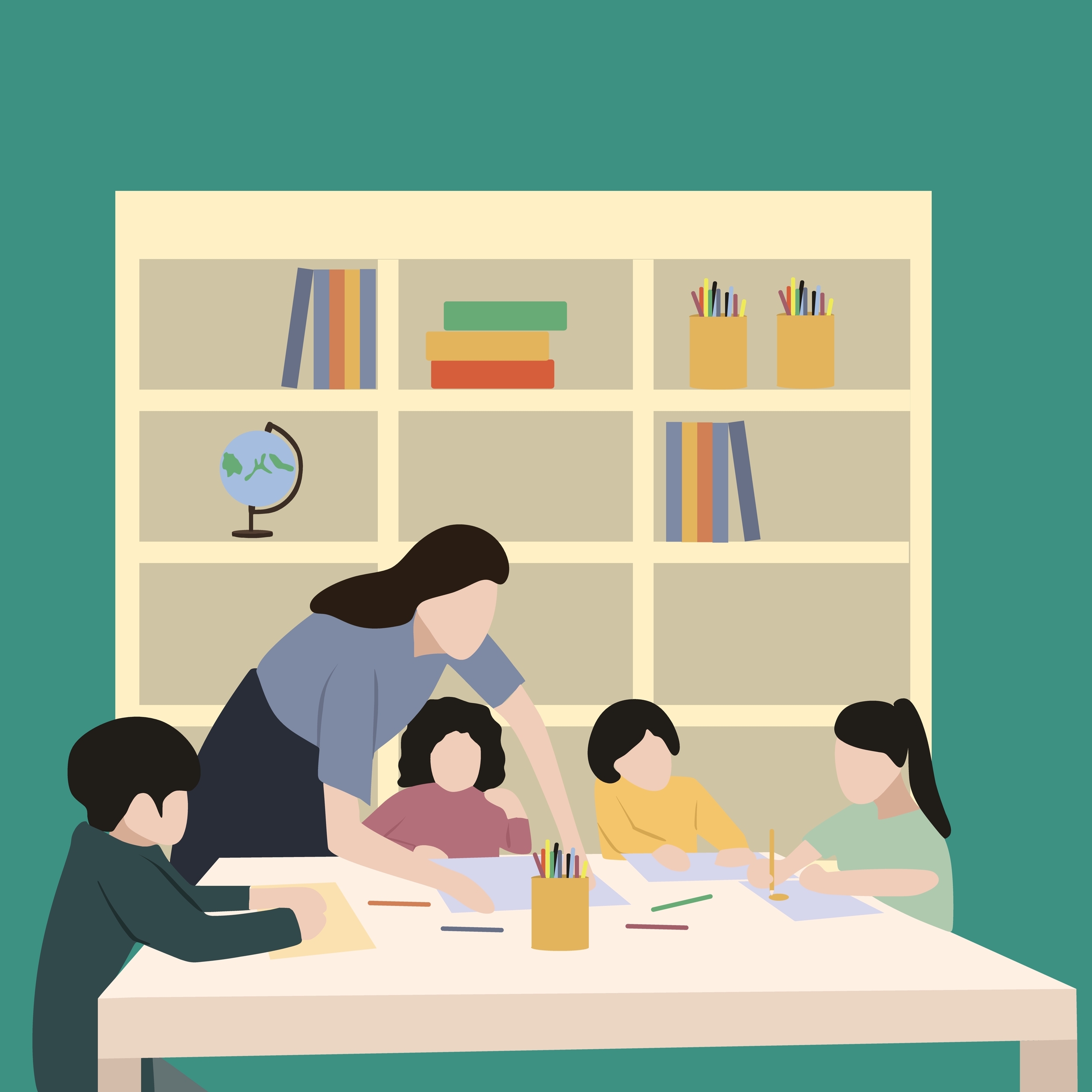






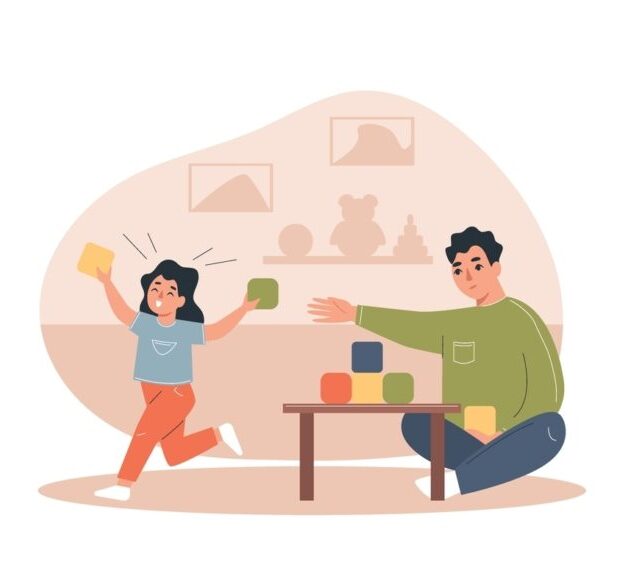



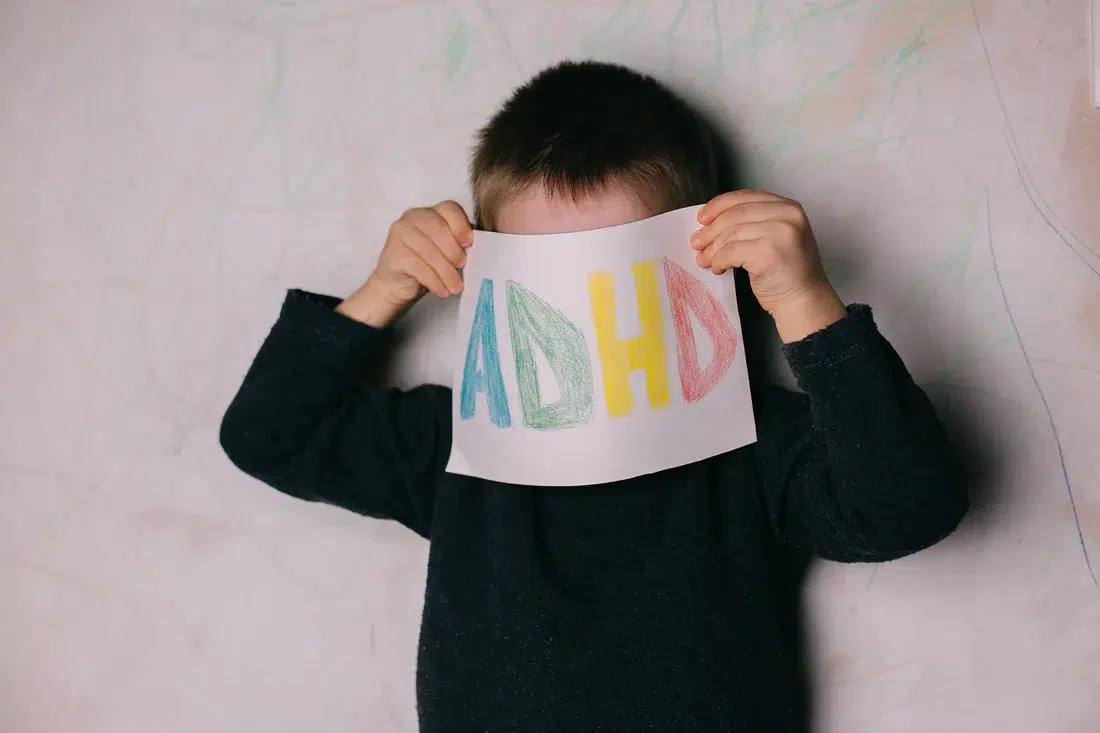





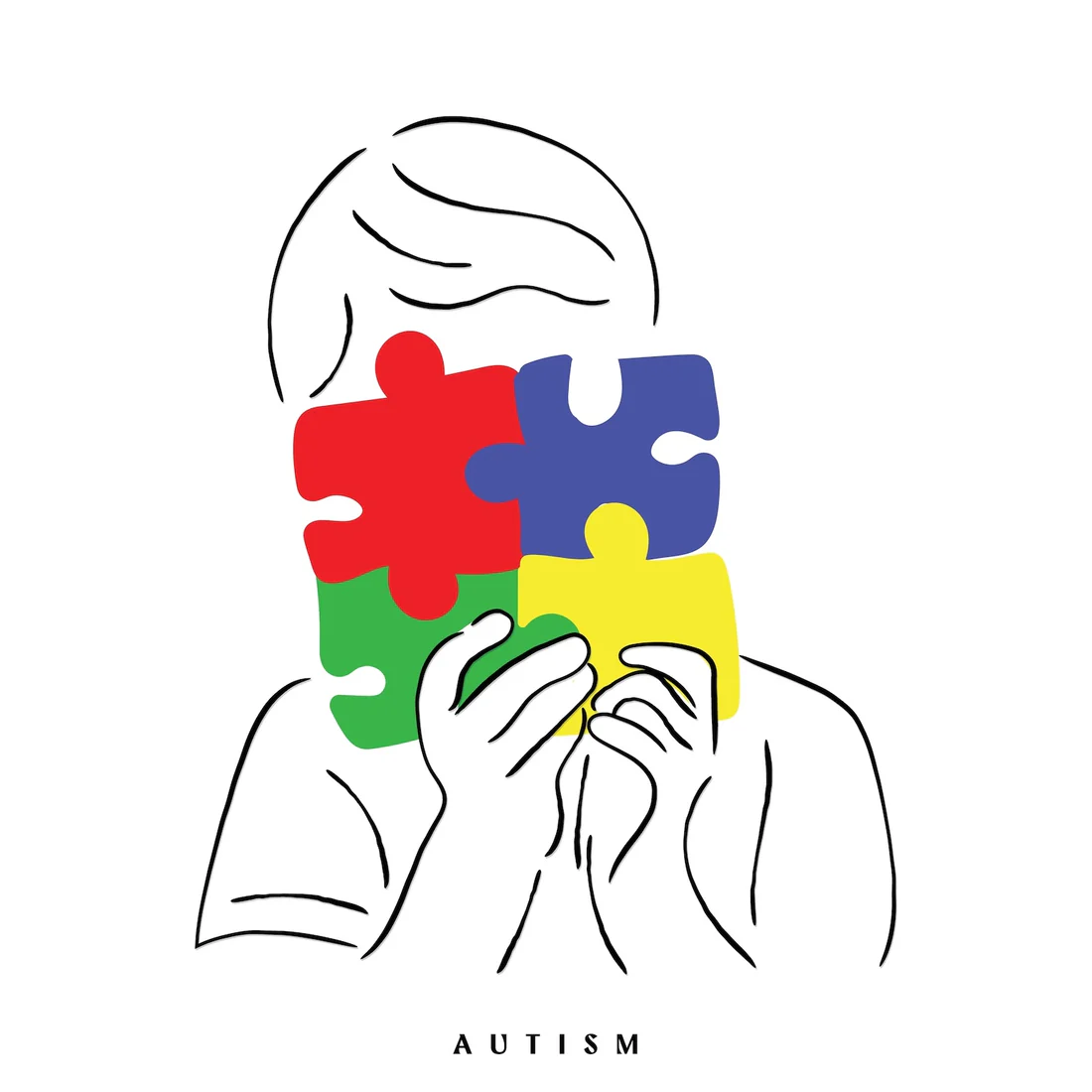
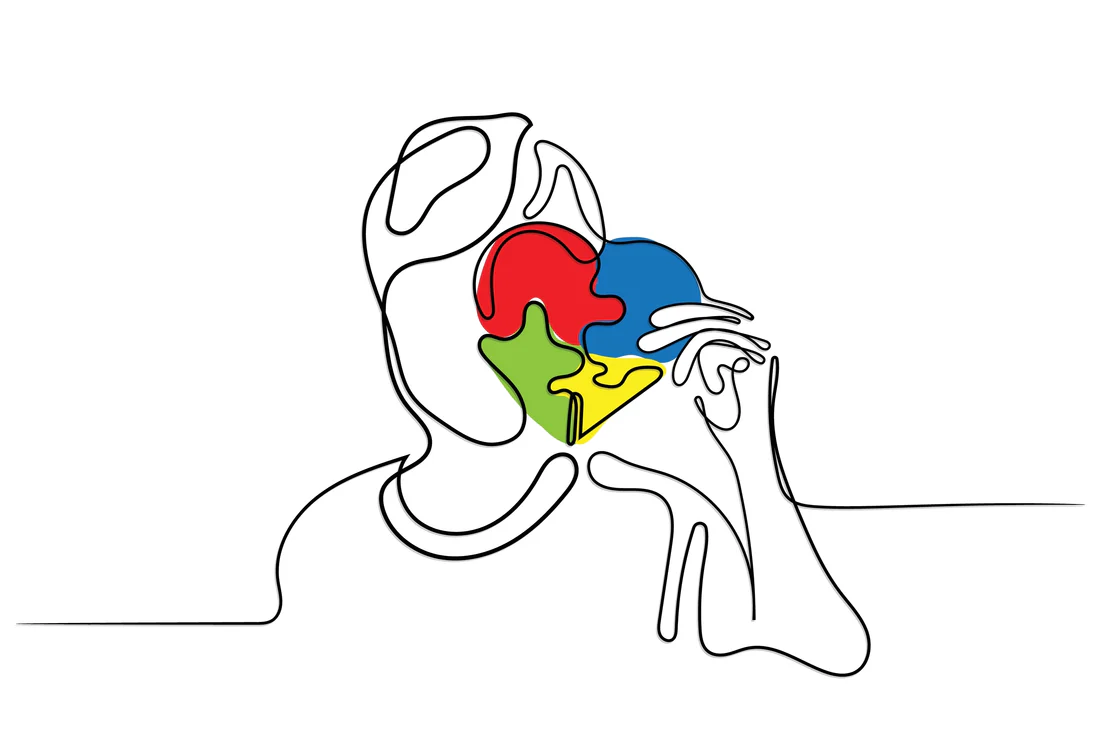










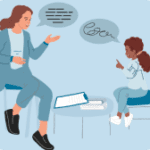 Speech Therapy
Speech Therapy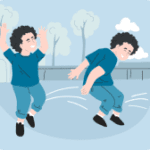 Physical Therapy
Physical Therapy Occupational Therapy
Occupational Therapy


